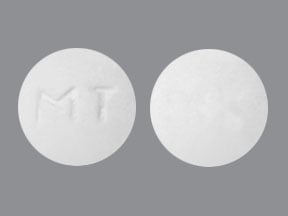
Fareston Coupons & Savings Card – Discount Prices from $308.15
Brand for: Toremifene
My prescription
Edit
60MG, Toremifene (30 Tablets)
Select pharmacy

CVS
$360.00
COUPON PRICE
Walgreens
$308.15
COUPON PRICE
Albertsons
$353.22
COUPON PRICE
Walmart
$1240.89
COUPON PRICEFareston savings card
Show this card to your pharmacist
Walgreens
$308.15
BIN
ID
PCN
GRP
011867
LH16D9E259
HT
LABH001
Powered by
Related estrogen agonist/antagonists prescriptions
More prescriptions for breast cancer
Related estrogen agonist/antagonists prescriptions
More prescriptions for breast cancer
Fareston (Toremifene) dosage forms
Dosage Quantity Price from Per unit 60MG 30 Tablets $360.00 $12.00
| Dosage | Quantity | Price from | Per unit |
|---|---|---|---|
| 60MG | 30 Tablets | $360.00 | $12.00 |
What is Fareston used for?
Fareston is used for the treatment of metastatic breast cancer in postmenopausal women. It is specifically indicated for estrogen receptor-positive or unknown tumors.
Is toremifene the same as tamoxifen?
Toremifene and tamoxifen are not the same, but they are similar. Both are selective estrogen receptor modulators (SERMs) used in the treatment of breast cancer. They work by binding to estrogen receptors, but they have different chemical structures and may have different side effect profiles. A healthcare provider can determine which medication is more appropriate based on the individual patient's condition and medical history.
What is the mechanism of action of Fareston?
Fareston, also known as toremifene, is a selective estrogen receptor modulator (SERM). Its mechanism of action involves binding to estrogen receptors on cells, particularly in breast tissue, where it acts as an estrogen antagonist. By blocking estrogen from binding to its receptors, Fareston reduces the growth-promoting effects of estrogen on estrogen-dependent tumors, such as certain types of breast cancer.
What is the generic for Fareston?
The generic name for Fareston is toremifene.
Does toremifene cause weight gain?
Toremifene may cause weight gain as a side effect, although it is not one of the most common side effects. Patients experiencing significant weight changes should consult their healthcare provider for further evaluation and management.
